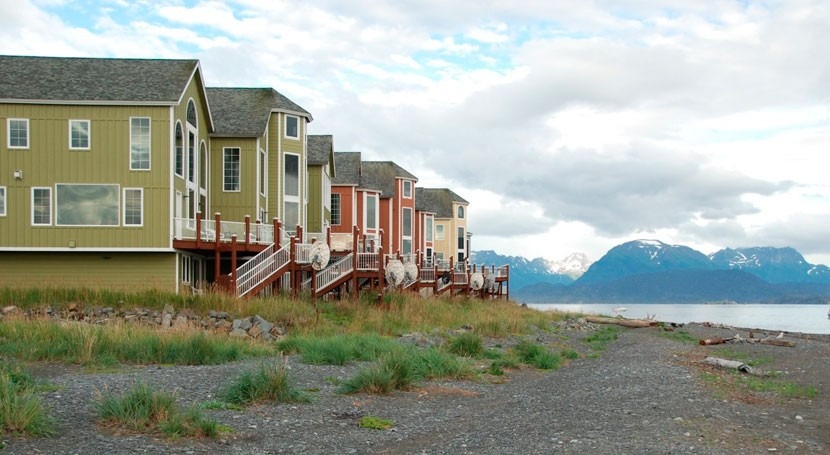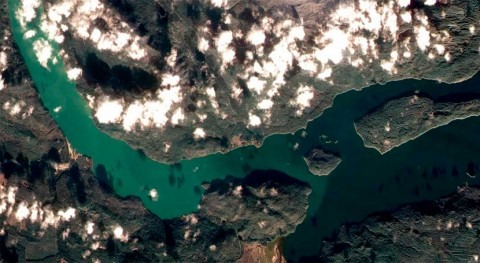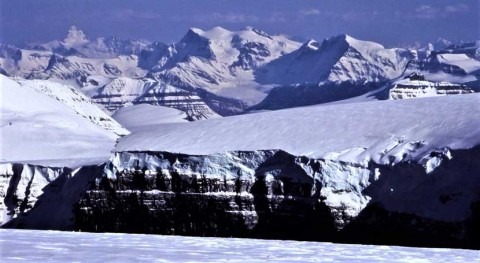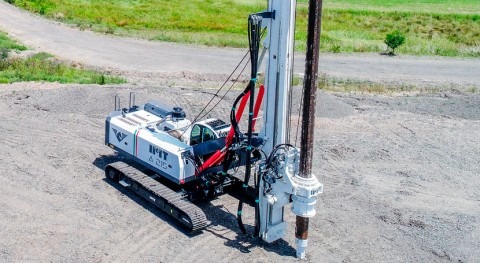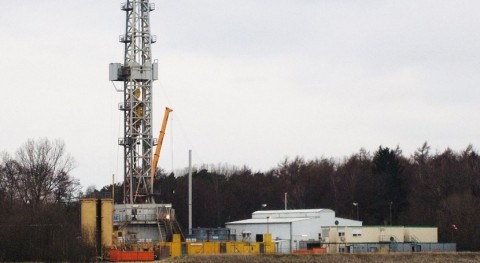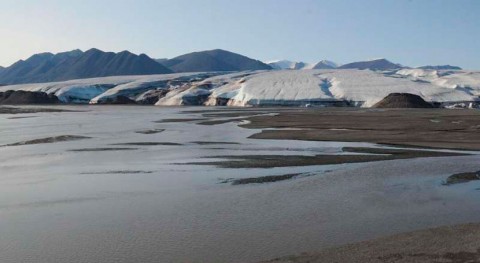Coastal communities like Homer, Alaska, are losing ground when it comes to planning for climate change even as they’re already seeing its effects, according to new research out of the University of Alberta.
The small city on Alaska’s Kenai Peninsula is a destination for tourists visiting the Homer Spit, a long, sandy strip dotted with restaurants, shops and other attractions. A small part of the community is here, only a few metres above sea level; the rest sits atop the surrounding bluffs.
But climate change is affecting both the spit and the bluffs, meaning it might not look this way for long, said Jeff Birchall, assistant professor in the U of A’s School of Urban and Regional Planning, who led a study looking at how Homer is responding to climate change.
“The major stresses faced by Homer are storm surges and intense precipitation,” Birchall noted. “Intense rain-on-snow events are occurring more often and can cause flash floods, which often result in erosion and bluff instability. Increased storm surge activity further challenges bluff integrity by undermining the base of coastal bluffs.”
During storm surges, water and debris can block the only road connecting the spit to the mainland, and intensified waves can collapse boardwalks and damage infrastructure. But despite this, policy-makers are encouraging development of these beautiful but increasingly unstable areas of the community, Birchall found.
Changing building codes and zoning can help to improve climate change resiliency and redirect development to more sustainable areas, but “there are major obstacles to making these kinds of changes,” said Birchall, who was recently elected to the Royal Canadian Geographical Society.
In many cases, small communities don’t have the resources to make major changes—and many more don’t have the political mandate, he noted.
“It is often easier to get buy-in from both policy-makers and community members to make changes that improve energy efficiency and subsequently help save money,” he added. “And while these preventative measures are necessary, the impacts of climate change are already here, and addressing them is important.”
Birchall said if communities like Homer don’t address the effects of climate change, and build resilience into their strategic planning, the results could be catastrophic in the long run.


